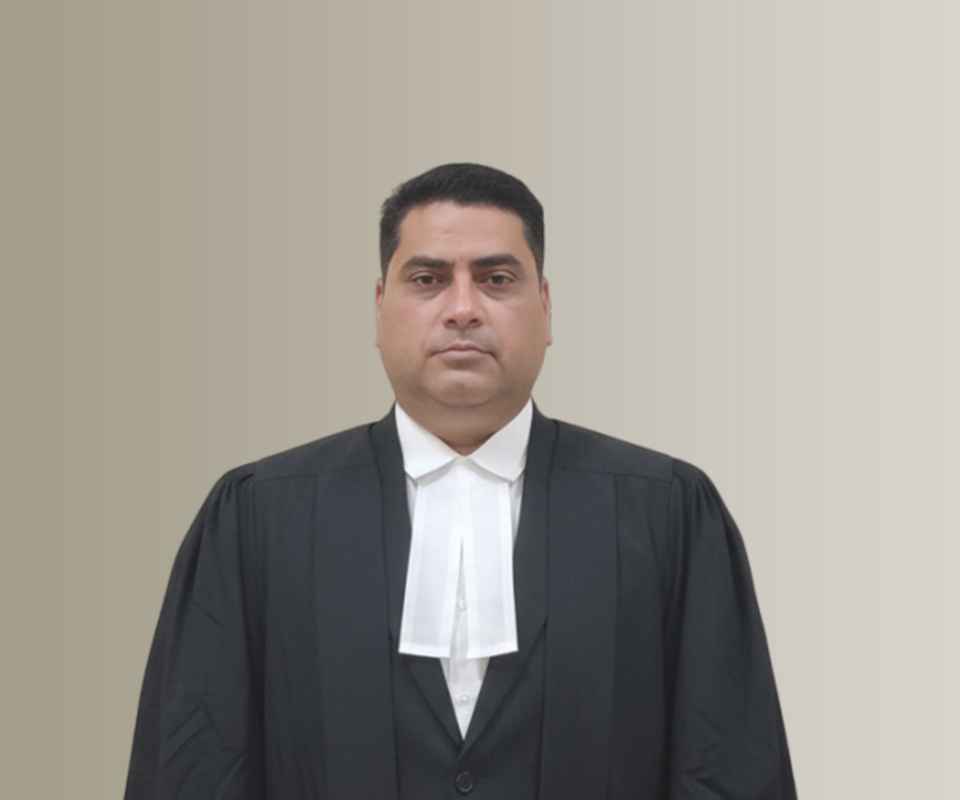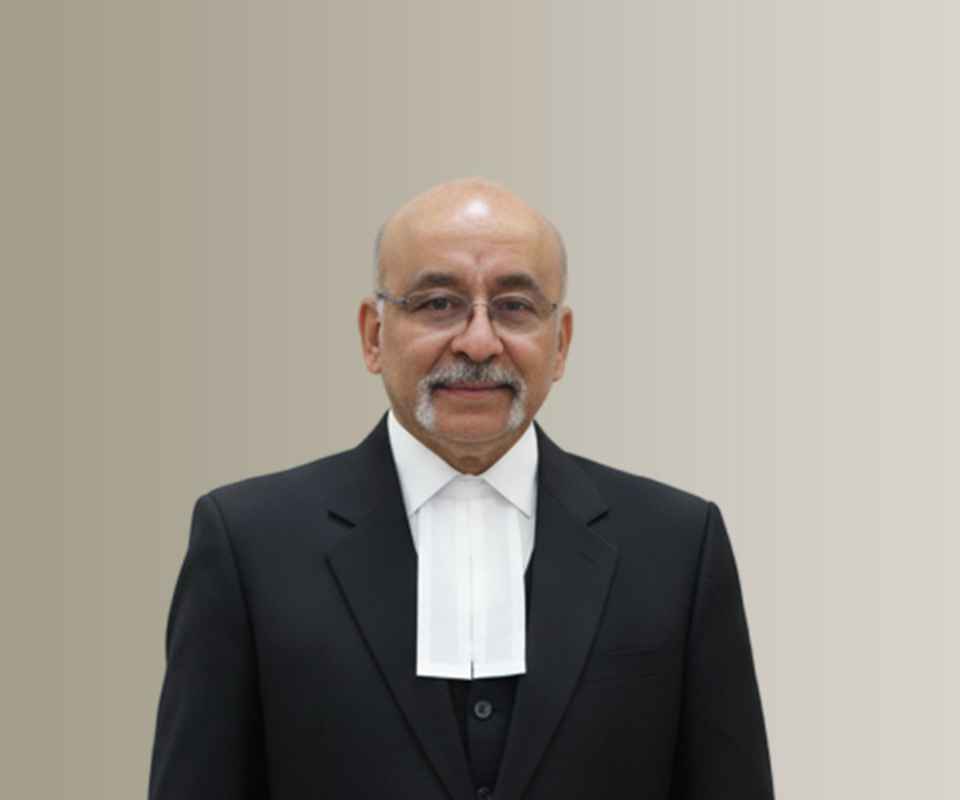Answer By law4u team
A testamentary trust is a trust that is created through a person's will and comes into effect only after their death. It allows the testator (the person who makes the will) to manage the distribution of their estate and assets according to their wishes, often for the benefit of specific individuals or groups (beneficiaries). Testamentary trusts are often used in estate planning to ensure that assets are managed and distributed in a way that protects beneficiaries, particularly minor children or individuals who are not capable of managing their inheritance.
Key Features of a Testamentary Trust:
Creation Through a Will:
A testamentary trust is established by a will that specifies the creation of a trust after the testator’s death. The testator provides instructions in the will on how the assets should be distributed and managed by the trustee.
Comes into Effect After Death:
Unlike other types of trusts that are created during the lifetime of the trustor (settlor), a testamentary trust is activated only after the death of the testator. The trust does not exist during the lifetime of the person making the will.
Role of the Executor:
The executor of the will is responsible for managing the distribution of assets according to the terms of the testamentary trust. The executor is appointed by the testator and ensures that the trust is established and that the assets are transferred to the trustee once the will is probated.
Trustee’s Role:
The trustee is the person or entity responsible for managing the assets held in the testamentary trust. The trustee has a fiduciary duty to act in the best interest of the beneficiaries, ensuring that the assets are managed according to the terms of the will.
Beneficiaries:
Beneficiaries are the individuals or organizations that benefit from the testamentary trust. These may include family members, charities, or other entities specified in the will. The testator may place conditions on how and when beneficiaries receive their inheritance, especially if they are minors or not capable of managing the assets themselves.
Probate Process:
Before a testamentary trust is activated, the will must go through the probate process, where the court validates the will and grants legal recognition. The probate process ensures that the will is authentic and that the testator’s intentions are carried out correctly.
Specific Instructions:
The testator can include specific instructions in the will regarding how the trust should be managed. For instance, the testator may direct that assets be used for specific purposes, such as paying for a child’s education or providing for the care of a dependent relative.
Legal and Tax Implications:
Testamentary trusts are subject to legal regulations and must comply with relevant inheritance and tax laws. The assets in the trust may be subject to inheritance tax, and the trust may also be taxed based on income generated from the assets. Trustees have a duty to ensure proper tax filing and compliance with regulations.
Flexible Administration:
Since a testamentary trust is created after the testator's death, the trustee has some flexibility in how the trust is administered. The trust can be designed to be temporary or long-term, depending on the needs of the beneficiaries and the instructions left in the will.
Benefits of a Testamentary Trust:
Control Over Distribution:
A testamentary trust gives the testator more control over how their assets are distributed, even after death. The testator can specify how and when beneficiaries receive their inheritance, ensuring that assets are used wisely.
Protection for Minor Children:
If the testator has minor children, a testamentary trust can ensure that their inheritance is managed and used for their benefit until they come of age. The trustee can make decisions regarding how the funds are spent (e.g., for education or health) until the child reaches maturity.
Protection Against Mismanagement:
A testamentary trust can protect beneficiaries from mismanaging their inheritance, especially if the beneficiaries are young, inexperienced, or financially irresponsible. The trustee can control the distribution and ensure that the assets are used for the beneficiaries’ best interests.
Avoidance of Probate Delays:
While the will must go through probate before the trust is activated, once the trust is in place, it can allow for quicker distribution of assets, as the assets are managed by the trustee rather than being distributed directly to beneficiaries.
Tax Planning:
A testamentary trust can also be used as part of estate planning and tax planning to minimize taxes on inheritance and ensure that assets are passed efficiently to the beneficiaries.
Example of a Testamentary Trust:
Suppose a person named Rajesh has three children, but one of them, Rahul, is mentally disabled. In his will, Rajesh creates a testamentary trust for Rahul, specifying that Rahul’s inheritance will be managed by a trustee until Rahul is able to live independently or until a certain age. The trustee will ensure that Rahul’s needs (medical, living expenses, etc.) are met, and Rahul will receive the remaining amount only when the trustee determines that it is in his best interest.
Legal and Compliance Requirements:
Validity of the Will:
The will must be validly executed according to the law (signed by the testator and witnessed by the required number of people) for the testamentary trust to be valid.
Executor’s Responsibility:
The executor must ensure that the will is properly probated and that the assets are distributed as per the terms of the testamentary trust.
Trustee’s Legal Duties:
The trustee must administer the assets in the trust prudently and in compliance with the terms of the trust and the law. The trustee is also responsible for filing any necessary tax returns for the trust.
Conclusion:
A testamentary trust is a powerful tool in estate planning, allowing a testator to control how their assets are managed and distributed after death. It ensures that assets are handled according to the testator’s wishes, provides for vulnerable beneficiaries like minor children or individuals with disabilities, and can help with tax planning. By creating a testamentary trust in their will, individuals can ensure that their loved ones are financially protected, even after they are no longer around.







